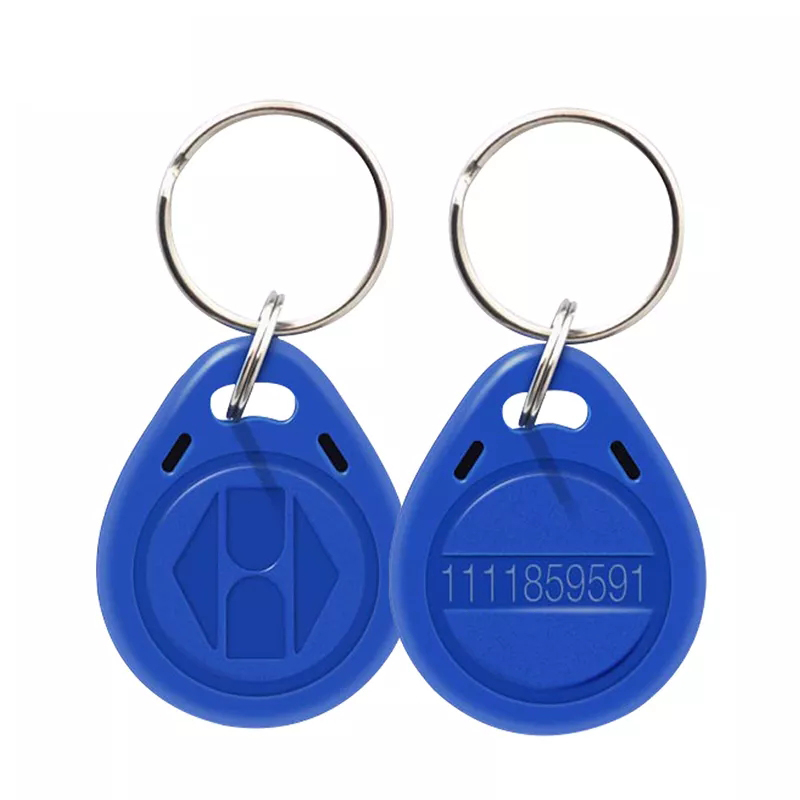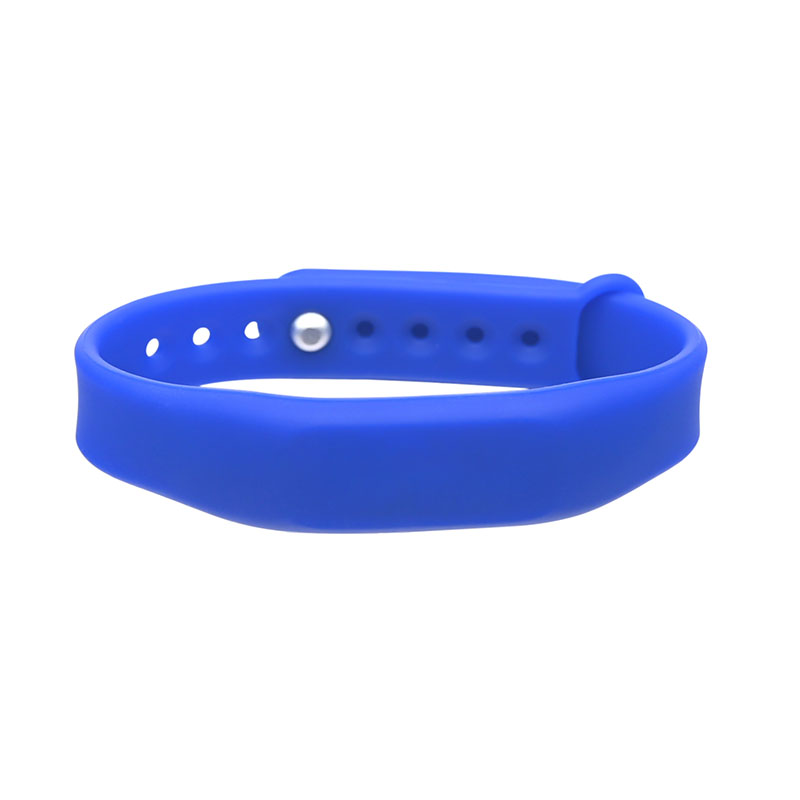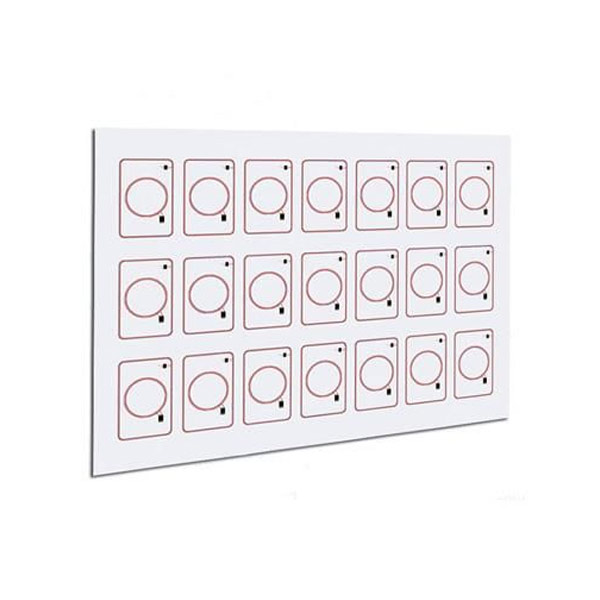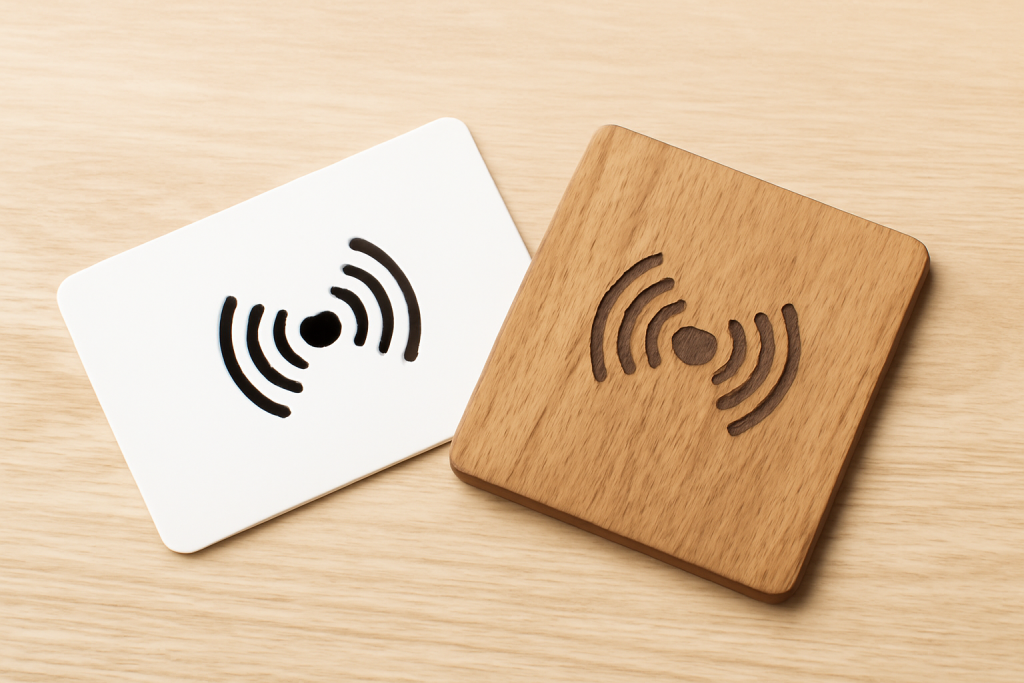
As sustainability becomes a core pillar of the modern hospitality industry, hotels are rethinking even the smallest aspects of their operations—down to the materials used for guest room key cards. Traditional plastic hotel key cards have long been the go-to solution for access control, but increasing environmental concerns and rising guest demand for eco-friendly alternatives are driving hotels to explore sustainable options. One such option gaining momentum is the wooden RFID Card. Unlike their plastic counterparts, these cards offer a unique combination of environmental benefits, improved guest experience, and marketing opportunities, making them an attractive choice for hotels committed to sustainability.
Material Comparison: Wood vs. Plastic in Hotel Key Cards
When considering a switch from plastic to wooden RFID Cards, it's important to understand the advantages and disadvantages of both materials.
Plastic cards, typically made from PVC, are widely used in the hospitality industry for their durability, low cost, and compatibility with RFID and magnetic stripe technology. They are resistant to bending, moisture, and temperature variations, making them ideal for the day-to-day demands of hotel environments. However, plastic is non-biodegradable, meaning that plastic key cards contribute to long-term environmental harm. With increasing concerns about plastic waste, many hotels are looking for alternatives that align with sustainability goals while still meeting operational requirements.
Wooden RFID hotel cards, on the other hand, are made from sustainably sourced wood or bamboo composites, offering a natural, biodegradable alternative to plastic. While the initial production cost of wooden cards is higher, their environmental impact is significantly lower. Wood is renewable, and when properly sourced, it can be part of a sustainable supply chain. Additionally, wooden cards are biodegradable under the right conditions, making them a far more eco-friendly choice compared to their plastic counterparts. Wooden RFID Cards may have higher upfront costs, but they provide long-term environmental benefits that make the investment worthwhile for eco-conscious hotels.
Key Benefits of Wooden RFID Hotel Cards
Making the switch to wooden RFID hotel cards presents several key benefits for hotels, including environmental sustainability, enhanced guest experience, improved branding opportunities, and durability.
1. Eco-Friendly & Sustainable
The primary reason many hotels are adopting wooden RFID Cards is their environmental advantages. Made from FSC-certified wood or bamboo, these cards significantly reduce the plastic waste associated with traditional hotel key cards. As awareness of plastic pollution grows, hotels that use wooden cards send a strong message to their guests about their commitment to sustainability. By using renewable materials that are biodegradable, hotels can lower their overall environmental impact, making them more attractive to environmentally-conscious guests.
2. Premium Guest Experience
A hotel key card may seem like a minor detail, but it is something guests interact with throughout their stay. The feel and look of a wooden card—its natural texture and warm aesthetic—enhances the overall guest experience, particularly for boutique hotels, resorts, or eco-lodges where the guest experience is centered around luxury and nature. A wooden RFID Card can make a strong first impression, reinforcing a hotel’s commitment to premium service and environmental responsibility. The tactile nature of wood also elevates the experience, making it feel more substantial and memorable compared to a standard plastic card.
3. Customisation & Branding Value
Wooden RFID Cards provide unique branding opportunities. Although the production process may limit the full-color printing options typically available with plastic cards, wooden cards can still be customized through laser engraving, UV printing, or die-cut shapes. These customization options allow hotels to showcase their logo, brand colors, and even intricate designs in a distinctive way. The unique look of a wooden card helps hotels stand out in a competitive market, and guests are likely to remember and keep the card as a souvenir—providing free advertising as the card continues to circulate long after the guest checks out.
The visual and tactile appeal of wooden cards can elevate a hotel’s branding by conveying a sense of authenticity, craftsmanship, and eco-consciousness. For hotels that prioritize design, wooden key cards add an additional layer of sophistication to the guest experience.
4. Functionality & Compatibility
While aesthetics and sustainability are important, functionality should never be overlooked. Wooden RFID Cards are fully compatible with existing hotel access control systems, whether they use MIFARE, DESFire, or EM4100 RFID chips. Most hotel door lock systems are designed to work with any standard RFID Card, so there are no concerns about compatibility when switching to wooden cards.
Moreover, wooden cards are durable and resilient. While they may be slightly more susceptible to wear and tear than plastic in some conditions, they can be treated with a protective surface coating that makes them resistant to moisture, fading, and scratches. This ensures that the cards remain functional and aesthetically pleasing throughout their use.
In terms of operational concerns, hotels can rely on the fact that wooden RFID Cards are just as reliable as plastic cards when it comes to performance. The durability of these cards means fewer replacements over time, which can actually offset the higher initial cost, making wooden cards a smart long-term investment for hotel operations.
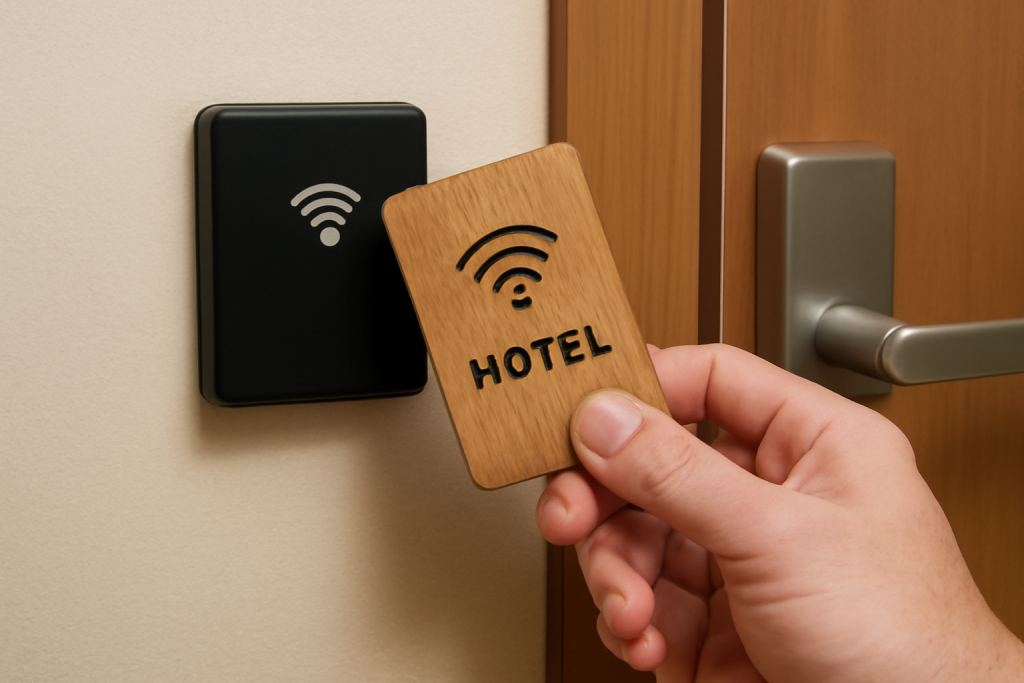
Challenges of Wooden RFID Cards
While wooden RFID Cards offer a range of benefits, there are some challenges that hotels need to consider before making the switch.
Cost Considerations
The primary challenge associated with wooden RFID Cards is their higher production cost compared to plastic cards. The raw materials (wood, bamboo) are more expensive, and the custom manufacturing process can be more labor-intensive, particularly when compared to the automated mass-production of plastic cards. However, this higher upfront cost should be viewed as an investment in long-term sustainability and brand differentiation.
Hotels can mitigate these costs by initially deploying wooden RFID Cards in premium rooms, suites, or loyalty programs, where the enhanced guest experience can justify the additional expense. Over time, as the benefits of sustainability become more recognized, the incremental cost will be outweighed by the increased guest satisfaction and brand loyalty.
Durability in Harsh Conditions
While wooden RFID Cards are generally durable, they are not entirely immune to environmental factors like moisture and humidity. In coastal or poolside environments, wooden cards may be more vulnerable to water damage than plastic cards. However, advancements in manufacturing processes have led to the development of waterproof coatings that protect wooden cards from moisture and extend their lifespan.
Hotels in high-humidity regions or with high guest turnover may want to conduct a trial run to ensure the cards meet their durability standards before a full-scale rollout. This ensures that wooden cards perform consistently under the specific environmental conditions of each property.
Customisation Limitations
While wooden cards offer a unique aesthetic, they do have some limitations when it comes to customization. Full-color printing, commonly seen with plastic cards, may be less feasible with wood due to the limitations of the printing process. However, laser engraving and UV printing are both viable options for creating high-quality designs on wooden cards. These processes allow for intricate and detailed branding that still ensures the wooden card remains distinct and eye-catching.
For hotels considering making the switch from plastic to wooden RFID Cards, the transition can be smooth with proper planning.
Start Small: Begin by piloting wooden cards in a select number of rooms or for VIP and loyalty guests. This allows you to assess guest reactions and gather feedback before committing to a full-scale rollout.
Select the Right Supplier: Work with a supplier who specializes in wooden RFID Cards and understands the specific requirements of the hospitality industry. It’s important to ensure the cards are compatible with your existing access-control systems and are manufactured to withstand the demands of daily hotel use.
Monitor Performance: Keep track of any issues related to durability, card performance, and guest feedback. Adjust the design or materials if necessary, and gather data on how the switch to wooden cards affects guest satisfaction and sustainability efforts.
Roll Out Gradually: Once you’re confident in the quality and functionality of the wooden cards, expand their use across the property. Include messaging in your marketing materials, letting guests know that the hotel is taking steps to reduce plastic waste and promote sustainability.
Conclusion
Switching from plastic to wooden RFID hotel cards is more than just an eco-friendly choice—it's a strategic decision that enhances the guest experience, aligns with sustainability goals, and provides unique branding opportunities. While the initial cost may be higher, the long-term benefits far outweigh the drawbacks. Wooden cards are durable, functional, and sustainable, offering hotels an effective way to reduce their environmental impact while enhancing the overall guest experience.
Hotels that prioritize eco-conscious practices and innovative guest experiences will stand out in the competitive hospitality market, and wooden RFID Cards can play a pivotal role in that transformation. By investing in sustainable, high-quality materials like wooden RFID Cards, hotels not only improve their operational footprint but also appeal to a growing segment of environmentally-conscious travelers.


